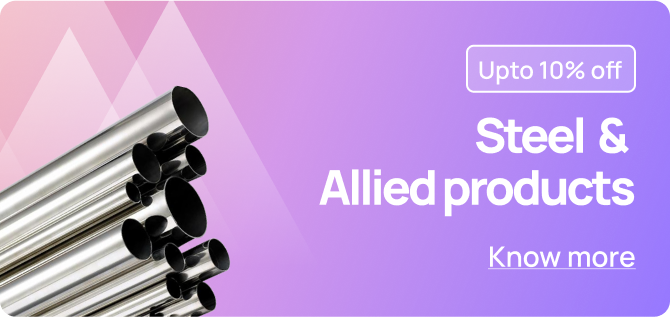Aggregates: Building the Foundation of Construction
Aggregates form the backbone of the construction industry, providing essential structure and support to many projects. This article delves into aggregates, a primary component in construction, explaining their types, benefits, selection criteria, pricing, and best practices for handling and mixing.
Understanding Different Types of Aggregates
Coarse Aggregate: Strength and Stability:
Coarse aggregates, typically sourced from crushed stone or gravel, are pivotal in providing strength and stability to construction projects. Their robust nature makes them ideal for heavy-duty applications like roadways and foundations.
Fine Aggregate: Filling the Gaps
Fine aggregates, such as sand, fill the gaps between coarse aggregates, resulting in a dense and compact mix. This ensures a solid and durable structure, which is essential in construction.
M Sand (Manufactured Sand): A Modern Solution
M Sand, an artificial alternative to natural sand, has gained prominence due to its uniform grain size and higher compressive strength. This consistency aids in creating superior-quality concrete and plaster.
P Sand (Plastering Sand): The Smooth Finish
P Sand is tailored explicitly for plastering, offering a smooth and fine texture. This is where Birla Pivot's readymix plaster blends perfectly, combining the right aggregates for a superior finish.
Benefits of Using Aggregates
Improved Concrete Mixes: Strength and Durability
Aggregates significantly enhance the strength and durability of concrete mixes. Their inclusion results in structures capable of withstanding various environmental stresses.
Cost Efficiency: Balancing Quality and Budget
The strategic use of aggregates like M Sand and P Sand offers a cost-effective solution for construction projects, balancing quality with budget constraints.
Environmental Sustainability: Reducing Impact
Using manufactured aggregates like M Sand contributes to environmental sustainability by reducing dependency on river sand, thus preserving natural resources.
Choosing the Right Aggregates for Your Project
Factors Influencing Aggregate Selection
Selecting the suitable aggregate involves considering factors like project type, structural requirements, and environmental conditions.
M Sand vs. P Sand: When and Where to Use Each
Understanding the distinct properties of M Sand and P Sand is crucial for their practical application. M Sand is ideal for structural work, while P Sand is more suited for plastering.
Combining Coarse and Fine Aggregates for Optimal Results
Combining coarse and fine aggregates, such as M Sand and coarse aggregate, leads to a balanced and effective concrete mix, which is crucial for robust construction.
Aggregates Pricing and Availability
Factors Affecting Aggregate Prices
Availability, transportation costs, and quality influence aggregate prices. M Sand price, for instance, may vary based on these factors.
Finding Reliable Suppliers Near You
Locating reliable suppliers for quality aggregates, including M Sand and P Sand, is essential for project success. Birla Pivot's cement and readymix concrete offerings can significantly augment your construction needs.
Budget-Friendly Aggregate Solutions
Opting for cost-effective aggregates without compromising on quality is possible by understanding market trends and supplier options.
Tips for Handling and Mixing Aggregates
Proper Storage and Handling Practices
Effective storage and handling of aggregates, including precautions to prevent contamination and moisture absorption, are vital for maintaining their quality.
Mixing Aggregates for Consistency and Strength
Achieving the right mix of aggregates, like combining M Sand with coarse aggregate, is key to ensuring consistency and strength in construction projects.
Safety Precautions on Construction Sites
Implementing safety measures during the handling and mixing of aggregates is crucial. This includes wearing protective gear and adhering to safety protocols.
Incorporating aggregates like M Sand and P Sand into your construction projects ensures structural integrity and aligns with the cost-efficiency and sustainability goals. Understanding their diverse types and applications is pivotal in choosing the right materials for your project. Explore Birla Pivot's range of construction solutions, including OPC 53 and OPC 43, to enhance your construction endeavours.

 Product Categories
Product Categories Our Brands
Our Brands Become a Dealer
Become a Dealer Avail Credit
Avail Credit Contact Us
Contact Us About Us
About Us Media & Press
Media & Press Terms Of Use
Terms Of Use Privacy Policy
Privacy Policy Cookie Settings
Cookie Settings









